Podcast: Play in new window | Download
Subscribe: RSS
As co-founder and CEO of Heroic Public Speaking, Michael Port teaches actors and non-actors alike to give better performances both onstage and off. Port points out that how we carry out our roles determines our outcomes, good or bad, at work, at home, and in life. Michael has over 25 years of experience working in TV, film and theater. He has authored six books, some of which have been NY Times and Wall Street Journal best sellers, including Steal the Show and Book Yourself Solid.
Takeaway Quote:
“Anytime you’re trying to influence the way somebody thinks or feels or acts, you’re performing.”
Show Timeline:
2:46 Michael explains the thinking behind his most recent book Steal the Show
5:03 The importance of performing in front of a client
9:40 How your behavior as a financial advisor can influence and leave an impression on clients
16:00 Strategies for rehearsing for a client meeting
21:00 Tips on how to guide sensitive conversations with clients
25:05 How you can drive more client referrals using Michael’s ideas
30:50 Michael explains the ‘always have something to invite people to’ offer
37:05 Overview of Michael’s programs designed to enhance advisor performances
Links:
Download Michael’s Free 50 Speaker tips
Website: https://heroicpublicspeaking.com/
Facebook: https://www.facebook.com/heroicpublicspeaking/
LinkedIn: https://www.linkedin.com/company/heroicpublicspeaking/
YouTube: https://www.youtube.com/user/heroicpublicspeaking
Want more?
Stephen Wershing: www.TheClientDrivenPractice.com/checklistblog
Julie Littlechild: www.absoluteengagement.com/blog
Episode Transcript:
Steve Wershing:
Welcome to Becoming Referral, the podcast that shows you how to become the kind of advisor people can’t stop talking about. I’m Steve Wershing. On this episode, we talked with Michael Port. Although one of the most influential speaker trainers, he has important advice even if you are not a professional speaker. His most recent book, Steal the Show, he points out that we are performing all the time. Whether trying to persuade clients to take our advice, networking with other professionals, doing community work, or coaching your kids soccer team. And the concepts and disciplines of acting can help you be more effective in all of them.
Steal the Show is the sixth book by Michael, and might be the most unique and practical book ever written about public speaking, according to a former president of Starbucks. He’s been called an uncommonly honest author by the Boston Globe, a marketing guru by the Wall Street Journal, the sales guru by the Financial Times, and a public speaking phenom by Jonathan Fields. His books have been on the bestseller lists of the New York Times, The Wall Street Journal, USA Today, and Publishers Weekly, and have been selected by Amazon and 800-CEO-READ as best books of the year.
Port started as an actor after completing New York University’s Graduate acting program. He performed on Television in shows like Sex in the City and Law and Order, and in films like The Pelican Brief and Down to Earth. After leaving acting for business, he hit the speaking circuit with Book Yourself Solid, the fastest, easiest and most reliable system for getting more clients than you can handle, even if you hate marketing and selling.
These days, he spends much of his time running Heroic Public Speaking with his Co-Founder and business partner and wife, Amy Port. Our conversation brings in points from both these books, including how to prepare to bump into prospective clients and introduce what you do, the six keys to creating connection and, of course, how to design and rehearse conversations about referrals. It is dense with the practical tips and useful advice for your advisory practice.
And so without further delay, let’s get on to our conversation with Michael Port. Michael Port, welcome to the Becoming Referable Podcast. We’re so excited to have you.
Michael Port:
Thank you so much for having me.
Steve Wershing:
So let’s just get into your most recent book, Steal the Show. And in that, you talk about the importance of performing to everyone, not just professionally, graduate level actors like you and your wife and business partner, Amy. Can you tell us a little bit more about what you mean by that for the people in the audience who have not read your stuff yet?
Michael Port:
Sure, of course. So, look, I think that a speech has the power to change the world and the people in it, including the speaker, because anytime you are trying to change the way other people think or feel, or act, you have to up level the way that you interact with those folks. And we play lots of different roles in life. So even if you never give what would traditionally be considered a speech, throughout your whole day, you’re playing different roles.
Now, you play one role as a spouse, play another role as a parent, play another role as a child, you play another role as a friend, you play another role as a financial advisor. And if you’re, say, the CEO or the managing partner of your firm, you play another role entirely. So each role requires that we bring different skills, different sensibilities, and as a result of these different roles that we play, we have different responsibilities in these roles. So anytime you’re trying to influence the way somebody thinks or feels or acts, then you’re performing. That’s the way we see it.
And, frankly, the best performers in the world are the most honest performers in the world. Sometimes performance gets a bad rap. Sometimes people equate or conflate performance with pretend or fake. But if you are fully honest, in the actions that you take, in order to influence the way other people feel, then I think you can feel comfortable that you’re in integrity when you’re performing.
So let’s just look at the role of the financial advisor. When you are in that role for a client, what does the client expect from you? So I actually would love to hear from you guys. What is the client expect from you when you’re in that role?
Steve Wershing:
Yeah, well, and you bring up something really important in that in your comments leading up to that, Michael, it’s that really interacting with people. I don’t think that we give enough weight to thinking about how people feel about that, that we’re trying to bring up feelings because if we ask many advisers, “What do you do? What is expected of you in the role of financial advisor?” A lot of them would end up at the point where they say, “Well, essentially information exchange,” but that’s not really what it’s about, right?
Michael Port:
Not really. There’s a lot of people who can offer information exchange. In fact, the robo-advisors will do that for you quite well. So what role does the human being play as an advisor, especially now that we’re competing against fintech?
Steve Wershing:
Right.
Julie Littlechild:
And I would say guide. In fact, when we’ve done research and ask verbatim questions, the number one word used by the clients who are the most engaged say guidance. And that is an innately human activity.

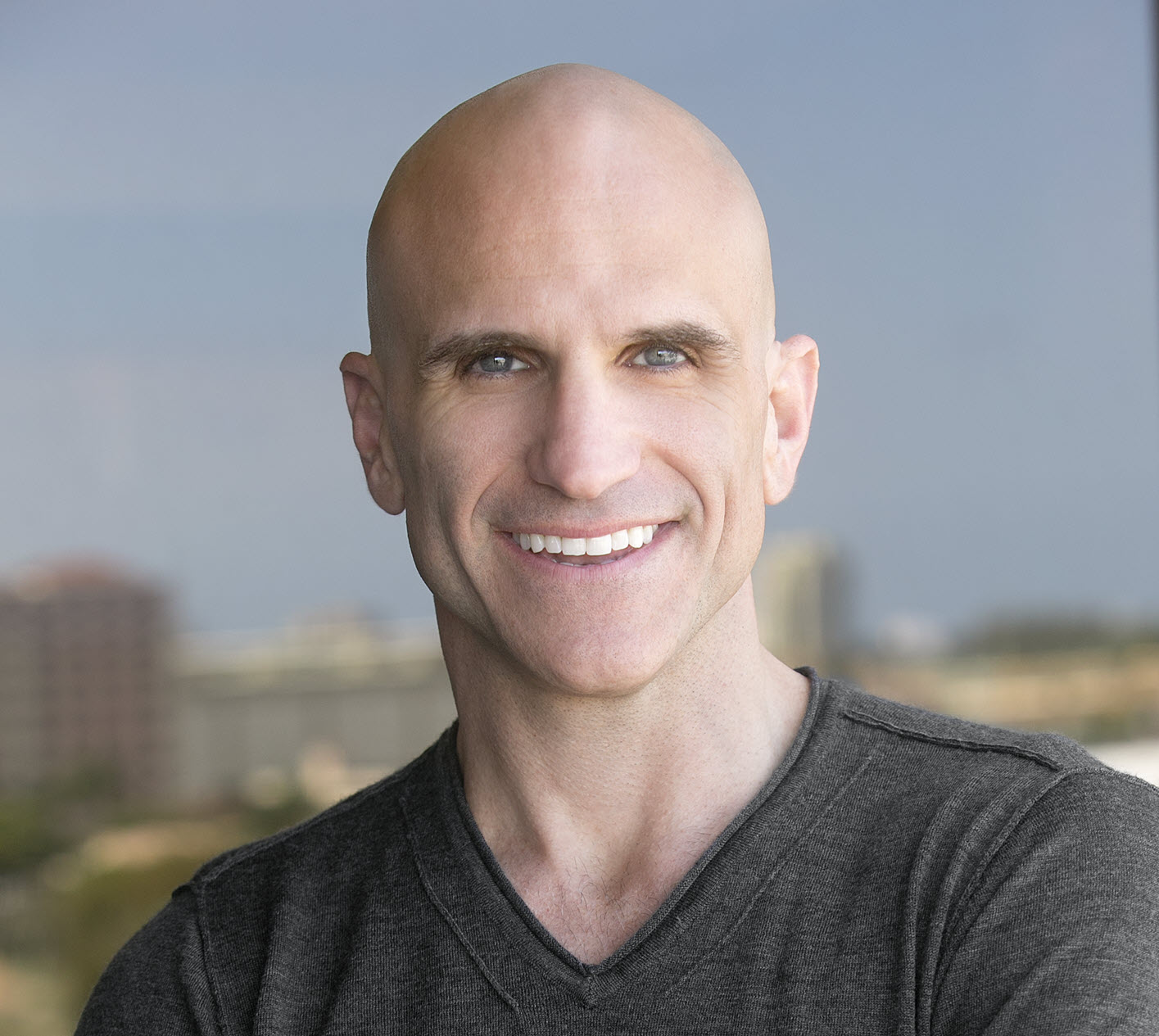

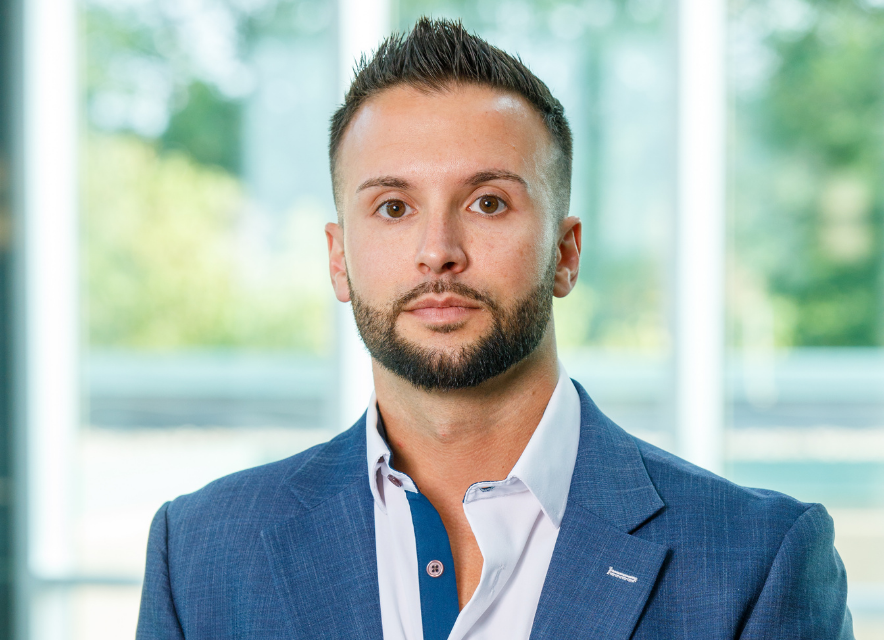
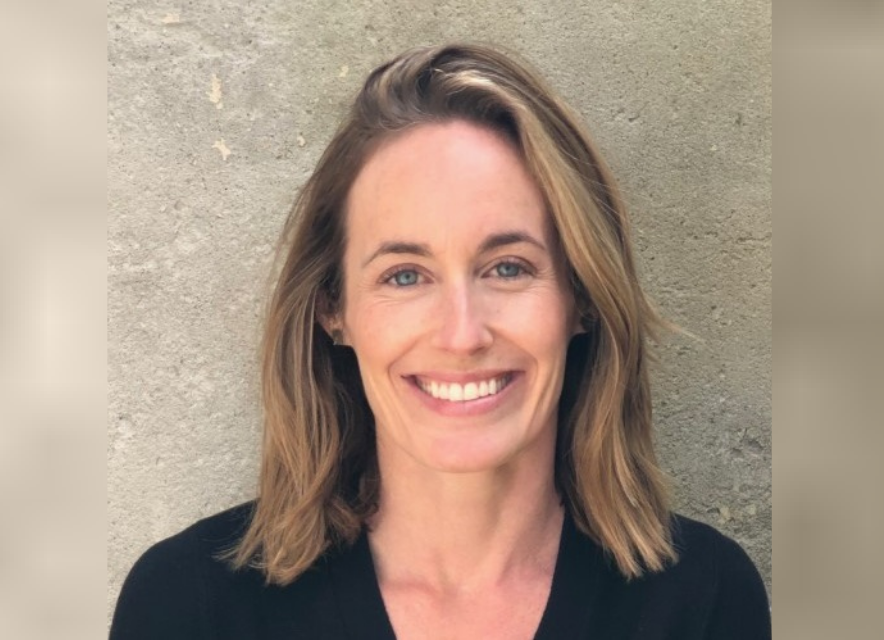
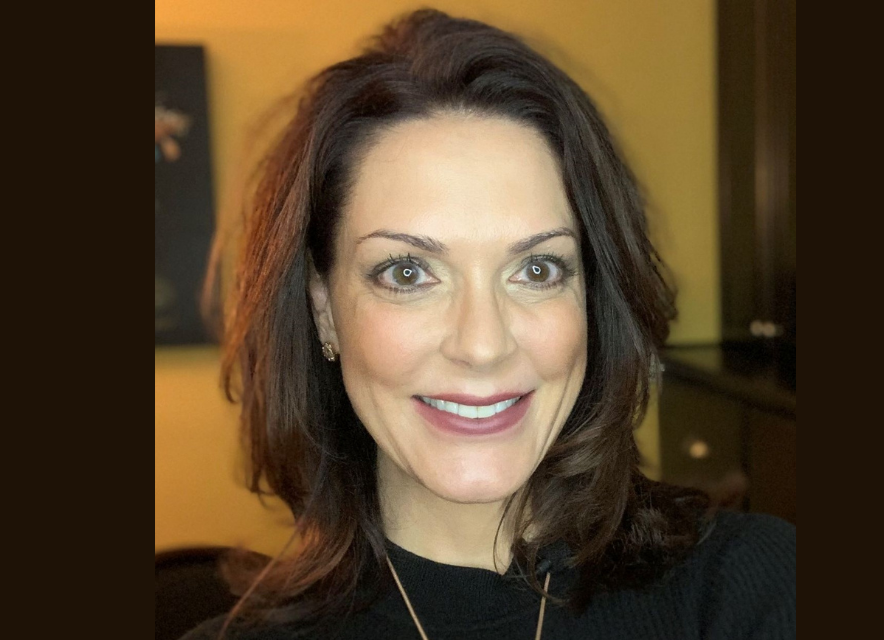
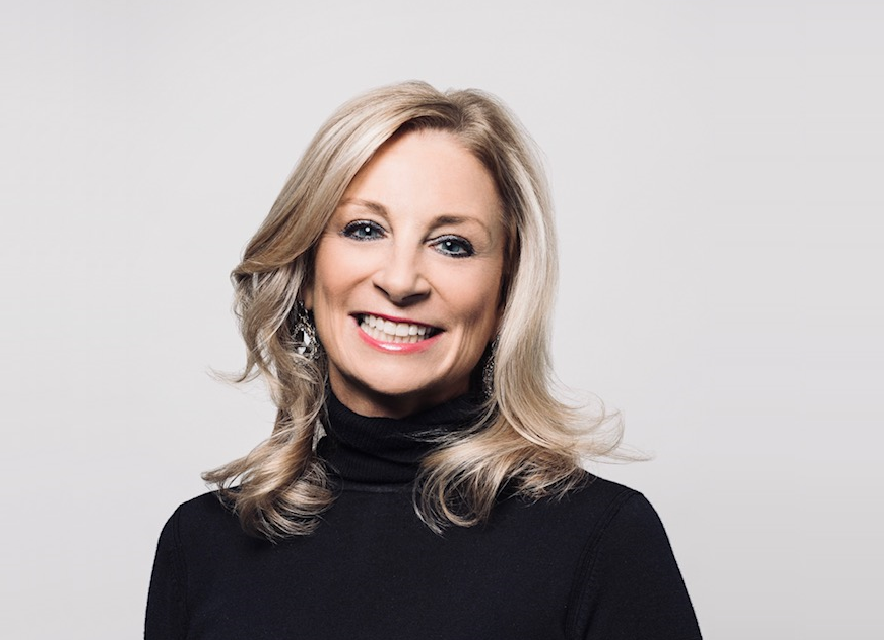
Leave A Comment